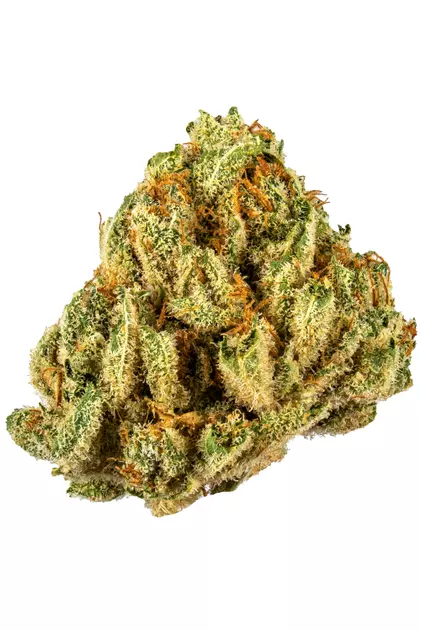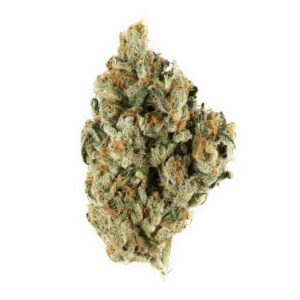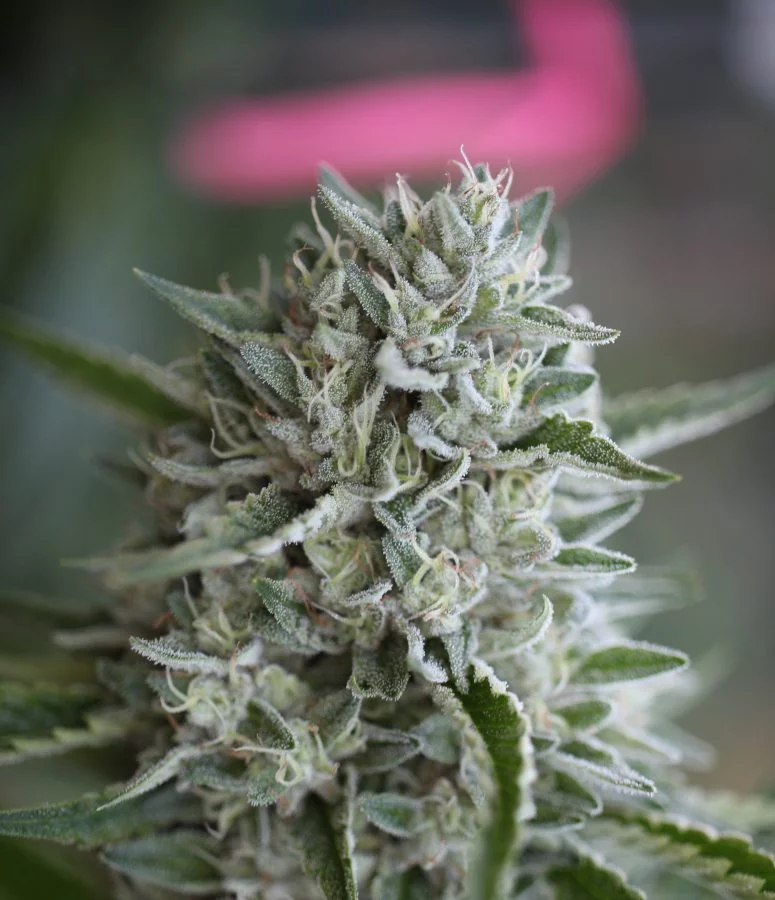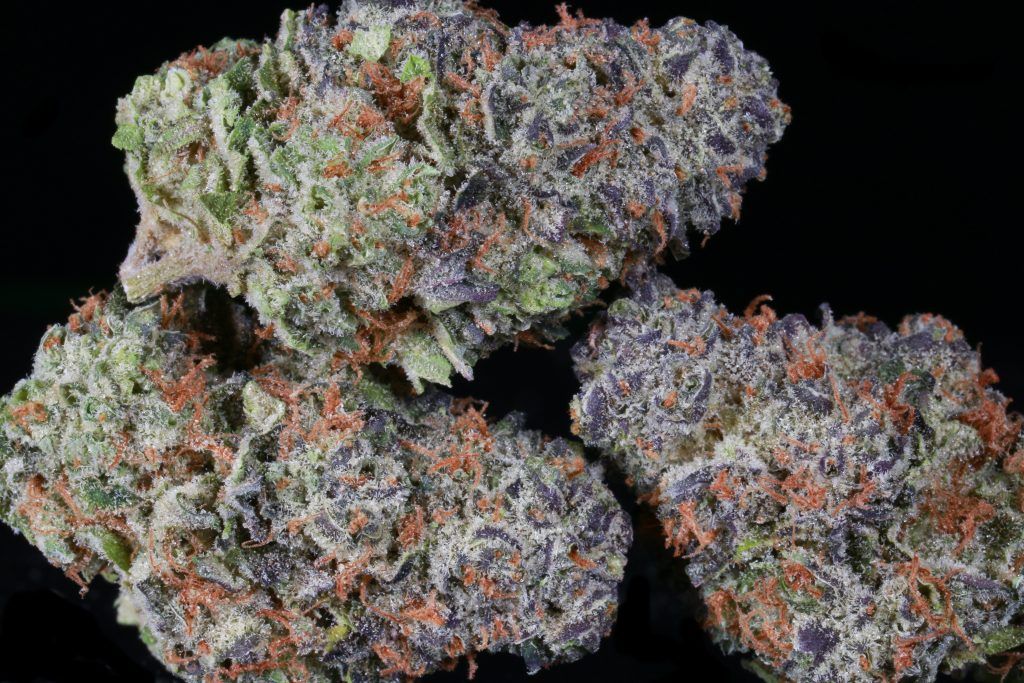Origin of French Toast Weed Strain
History and Genetics
The origin of the French Toast weed strain is not well-documented, but it’s believed to have originated from the United States, likely in California or Colorado.
The genetics behind this strain are a combination of Girl Scout Cookies and STOW Away, which explains its high THC levels and unique flavor profile.
French Toast is known for its sweet, vanilla-like taste and aroma, reminiscent of the classic breakfast dish it’s named after. This strain has been described as having notes of buttery croissants and powdered sugar.
The Girl Scout Cookies parent provides a strong foundation for the strain’s potency, with THC levels ranging from 20-25%. The STOW Away adds to this with its ability to produce large buds that are typically dense in trichomes.
This strain is known for producing a euphoric and relaxing effect. Its users often report feeling calm, yet energized at the same time – perfect for both daytime and nighttime use. Users also commonly describe an increased appetite, which may be linked to its sweet flavor profile.
As with any weed strain, there are varying levels of potency and effects reported among consumers. However, overall, French Toast is described as providing a balanced combination of euphoria and relaxation.
French Toast is a rare indica dominant weed strain, with a genetic makeup that is shrouded in mystery. While its exact origins are unknown, some sources suggest it may be a variant of the popular Girl Scout Cookies strain.
The origins of French Toast, a rare indica dominant weed strain, are shrouded in mystery, and its exact genetic makeup remains unknown.
Despite the lack of concrete information about its origin, some sources suggest that French Toast may be a variant of the popular Girl Scout Cookies strain.
Girl Scout Cookies is a well-known hybrid strain with a reputation for producing high-quality buds and strong effects. However, it’s essential to note that the connection between French Toast and Girl Scout Cookies has not been officially confirmed by the cannabis community or any reputable breeders.
French Toast itself is known for its potent and long-lasting effects, which are characteristic of indica-dominant strains. It’s said to produce a strong sense of relaxation, making it ideal for users who struggle with stress, anxiety, and pain.
The exact composition of French Toast, including its THC and CBD content, remains unclear. As with many rare cannabis strains, it may be challenging to find reliable information about its genetic makeup or production methods.
It’s also worth noting that the name “French Toast” might not be a reference to the popular breakfast dish but could potentially be an homage to another strain, such as “Stuffed French Toast,” which is said to have originated in the West Coast of the United States.
Cannabinoid and Terpene Profile
Effectiveness and Potency
The cannabinoid and terpene profile of a cannabis strain plays a crucial role in determining its effectiveness and potency, especially when it comes to strains like French Toast, also known as Stuffed French Toast. This indica-dominant hybrid strain is a result of crossing two popular strains, creating a unique blend that appeals to both recreational and medical users.
The primary cannabinoids found in French Toast include THC (Tetrahydrocannabinol), the psychoactive component responsible for the ‘high’ effect, and CBD (Cannabidiol), which is non-psychoactive but offers numerous health benefits. The strain’s potency is a result of its high THC content, which can range from 18% to 22%, depending on how it was grown and handled.
The terpene profile of French Toast contributes significantly to its effect and flavor. Terpenes are organic compounds found in plants responsible for the aroma and taste. This strain’s terpene composition is a blend of various compounds that create its unique effects:
Borneol: A sweet, earthy, and herbal terpene found in small amounts but contributes to the strain’s complexity.
Caryophyllene: Commonly associated with spicy or peppery sensations, this terpene is present but not as dominant, adding a hint of warmth without overpowering the other flavors.
Guaiol: This terpene has been linked to earthy and woody aromas. In French Toast, its presence adds depth to the overall flavor experience without dominating it.
Limonene: Known for its citrus flavors and potential anti-inflammatory properties, limonene is present in smaller amounts but contributes significantly to the strain’s uplifting effects.
Pinene: Dominant in many strains for its piney aroma, pinene in French Toast contributes to both its flavor and medicinal benefits. It can help improve respiratory health and memory while reducing inflammation.
Terpinolene: With a floral and woody profile, terpinolene is found in several strains but in French Toast, it adds a subtle yet pleasant aroma that complements the dominant earthy tones.
The effectiveness of French Toast can be attributed to its balanced cannabinoid and terpene profiles. The indica-dominant strain provides relaxing effects without leading to lethargy or sleepiness immediately after use. Its ability to increase appetite makes it appealing for those looking to manage weight gain or who have issues with eating due to various medical conditions.
The medicinal benefits of French Toast are vast and diverse, making it a choice among both recreational and medical users. For those seeking relief from chronic pain, insomnia, stress, and anxiety, the strain’s high THC content offers significant relief without lasting sedative effects. However, users should consume responsibly and adjust dosages based on their individual tolerance.
In summary, the unique blend of cannabinoids and terpenes in French Toast contributes to its effectiveness and potency, making it a versatile option for those seeking therapeutic or recreational cannabis experiences. Its balanced profile ensures a range of benefits without significant drawbacks, making it a popular choice among users worldwide.
French Toast weed strain boasts an impressive cannabinoid profile, with THC levels ranging from 1822%. The terpene profile is characterized by a blend of myrcene, limonene, and beta pinene, contributing to its sedating effects.
The French Toast weed strain has been found to have a impressive cannabinoid profile, which can vary slightly but typically ranges between 18-22% THC.
This makes it a relatively potent strain that may appeal to experienced cannabis users who are looking for a stronger effect.
In addition to its cannabinoid profile, French Toast also boasts a unique terpene profile that contributes to its effects and aroma.
The terpenes present in this strain include myrcene, limonene, and betapinene, which work together to create a sedating effect that can be beneficial for relaxation and stress relief.
Here is a breakdown of the terpenes found in French Toast:
- Myrcene: This terpene contributes to the sedating effects of French Toast, making it ideal for users who want to unwind after a long day.
- Limonene: This citrusy terpene is responsible for the uplifting and mood-boosting properties found in this strain.
- Betapinene: This terpene adds depth and complexity to the flavor profile of French Toast, with notes of earthy and herbal undertones.
Overall, the cannabinoid and terpene profile of French Toast make it a popular choice for users who are looking for a relaxing and calming experience.
Growing and Effects
Growing Requirements and User Experience
The growth requirements for French Toast are a crucial aspect to understand before cultivating this strain. The plant thrives in temperate climates with moderate temperatures between 18-24°C (64-75°F). It requires an average relative humidity of 40-50% and well-ventilated growing spaces.
When it comes to lighting, French Toast responds exceptionally well to both indoor and outdoor conditions. In ideal circumstances, it is recommended to provide a light cycle with 18-20 hours of light exposure and 2-4 hours of darkness for optimal growth. However, the strain’s flexibility allows it to adapt to various lighting schemes.
The soil composition is equally important for the development of French Toast. It requires nutrient-rich soil with a slightly acidic pH between 6.0 and 7.0 to promote healthy root growth and overall plant health. Adequate water supply must also be maintained, but it’s essential not to overwater the crop as this can lead to root rot.
When French Toast reaches maturity, its effects are truly remarkable. The strain is known for its potent and euphoric highs that induce a deep sense of relaxation and well-being. Users experience a calming and soothing sensation that helps alleviate stress and anxiety without impairing cognitive function.
The high from French Toast is often described as both cerebral and physical, with an onset of effects typically occurring within 10-15 minutes after consumption. This duration enables users to fully immerse themselves in the experience while still maintaining control over their thoughts and actions.
In terms of user experience, French Toast offers a truly unique and indulgent experience that is both enjoyable and therapeutic. The strain’s aroma profile features hints of sweet vanilla and caramel that tantalize the senses, making it an appealing choice for connoisseurs seeking a sophisticated cannabis experience.
The medicinal properties of French Toast are also noteworthy, particularly in regards to managing anxiety and stress. Users often report reduced symptoms of insomnia and improved mood after consuming this strain. Additionally, its relaxing effects can help alleviate chronic pain associated with various conditions.
French Toast weed strain requires careful attention during cultivation due to its sensitive nature. When properly grown, it produces large, dense buds with a pungent aroma. The effects of French Toast are often described as heavyhitting, providing relief from pain and stress while promoting relaxation.
- The French Toast weed strain, also known as Stuffed French Toast, requires careful attention during cultivation due to its sensitive nature.
- This delicate plant needs precise control over temperature, humidity, and lighting conditions to promote healthy growth.
- When properly grown, it produces large, dense buds with a pungent aroma that is often described as sweet and nutty.
- The effects of French Toast are often described as heavy-hitting, providing relief from pain and stress while promoting relaxation and reducing anxiety.
- This strain is known for its ability to induce a deep sense of calmness and tranquility, making it ideal for individuals who struggle with insomnia or chronic stress.
- The French Toast high can also lead to increased feelings of happiness and euphoria, which can be beneficial for individuals who suffer from depression or mood disorders.
- In addition to its medicinal benefits, this strain is also known for its unique flavor profile, which is often described as sweet and slightly nutty with hints of fruit.
- The French Toast weed strain is a cross between two high-potency strains, making it a powerful and potent cannabis variety that should be consumed in moderation.
- Fatso Weed Strain Information - September 16, 2024
- Guava Runtz Weed Strain Information - September 16, 2024
- Han Solo Burger Weed Strain Information - September 16, 2024









